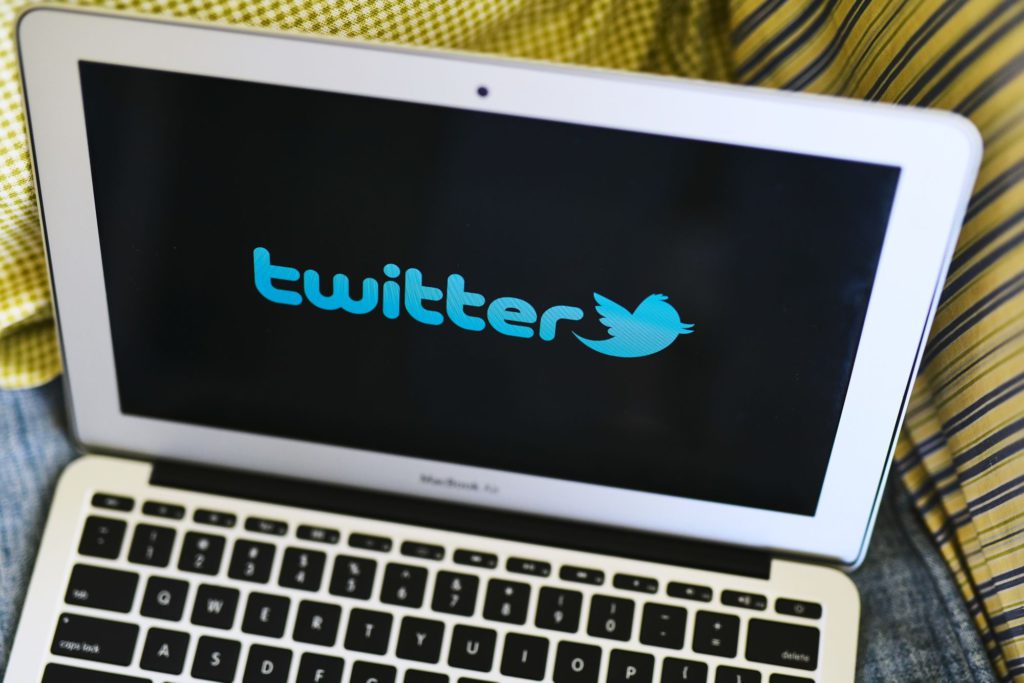(Bloomberg) — Twitter Inc. shares posted their biggest gain in two weeks on Monday after the social media company launched a poison pill defense to thwart an unsolicited bid by Elon Musk to take the company private at $54.20 a share.
A securities filing on Monday confirmed the defense strategy Twitter outlined last week, which would allow the company to issue new stock that all shareholders except Musk could buy at a discounted price. It imposes a “significant penalty” on any person or entity that would acquire more than 15% of the company without board approval, according to the filing. Musk currently owns just over 9% of Twitter shares.
“The board adopted the rights agreement to protect stockholders from coercive or otherwise unfair takeover tactics,” according to the filing.
The stock rose 7.5% to $48.45 in New York, its biggest jump since April 4.
Twitter is using the poison pill defense in order to buy time to come up with a plan that would be in the best interests of its shareholders, according to a person familiar with the company. The shares are gaining amid speculation that Twitter will strike a deal that is more palatable to shareholders.
The company has been fielding takeover interest from other parties, including technology-focused private equity firm Thoma Bravo LLC, according to a person familiar with the matter. Private equity firm Silver Lake, which already owns a significant stake in Twitter, also would make sense as a partner since it has an existing relationship with Musk as well, but it’s unclear if they’re interested. Meanwhile Musk may partner with Oracle Corp. and a private equity consortium that includes Thoma Bravo to thwart Twitter’s poison pill, according to Bloomberg Intelligence analysts, “while raising the bid 10-15% to about $50 billion.”
Musk, for his part, has said that any rejection of his bid, valuing Twitter at $43 billion, would cause him to re-evaluate his stake. Over the weekend, Musk said that the economic interests of Twitter’s board aren’t aligned with shareholders. He was responding to a tweet about board members’ stock holdings, saying that with the impending departure of co-founder Jack Dorsey, the board “collectively owns almost no shares.” In a tweet on Monday, Musk, who is also chief executive officer of Tesla Inc., said if his Twitter bid succeeds, board members would not be given a salary.
Tesla has paid its own directors an annual cash retainer of about $20,000 plus certain additional fees in recent years, but they also each receive stock option grants every few years — meaning they stand to make tens of millions of dollars or more with Tesla’s stock price gains.
Since making the offer last week, Musk has been actively posting on his Twitter account in what appears to be a social media campaign to sway public opinion in favor of his bid.
The billionaire entrepreneur floated a cryptic tweet with the word “tender,” a likely wink-and-nod reference to a potential tender offer.
If Musk is serious about pushing ahead with his takeover offer for Twitter, he should launch a tender offer to acquire the shares in the company he doesn’t already own despite the poison pill, said Andrew Freedman, co-chair of the shareholder activism practice at law firm Olshan Frome Wolosky.
“Even though Musk wouldn’t be able to close his tender offer, even with a majority of shares tendered, given the poison pill and other impediments, it’s a ‘put your money where your mouth is’ type move and shows he really wants to buy this company,” Freedman said.
Musk could simultaneously launch a proxy contest where he would ask shareholders to withhold their votes for the two directors who will stand for re-election at this year’s annual meeting, which is slated for May 25, Freedman said. That would serve as a referendum on his offer, and also allow him to solicit votes for an amendment to the company’s charter to declassify the board, meaning that all directors would stand for election each year rather than just a few, he added. Last year, a similar proposal almost achieved the 80% vote threshold required to change the company’s bylaws, he noted.
If Musk doesn’t act in the next few months, he won’t be able to do much at Twitter until next year’s annual general meeting because the company doesn’t allow for shareholders to call a special meeting or act by written consent. Freedman noted that both Twitter Chief Executive Officer Parag Agrawal and Chairman Bret Taylor will stand for re-election next year. Dorsey is scheduled to leave the board once his term expires at the next shareholder meeting.
If Musk “can get fairly widespread support this year, it also could force the company’s hand to negotiate with Musk earlier than they would like to or announce and run a sale process. All to avoid facing the music next year,” he said.
(Updates with closing shares in fourth paragraph.)
More stories like this are available on bloomberg.com
©2022 Bloomberg L.P.











